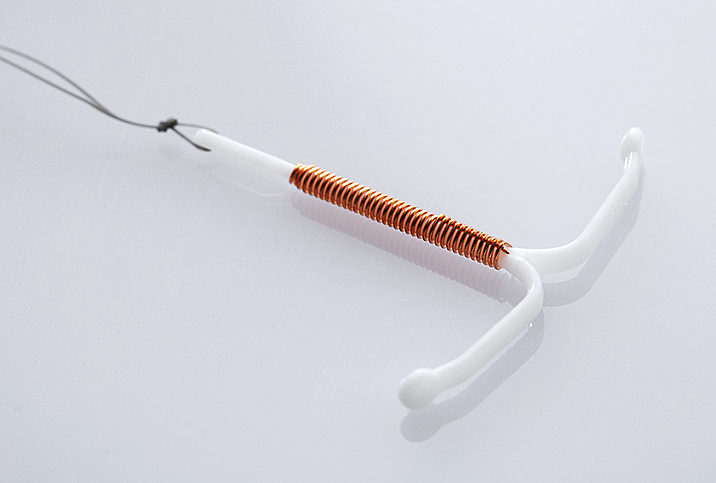My Battle with Painful Sex: A Psychological Dyspareunia Diagnosis

While sex should be an enjoyable experience, between 10 and 20 percent of American women struggle with pain associated with intercourse. Called dyspareunia, the pain or discomfort can occur in the genital area before, during and/or after sex. Treatment and diagnosis can be complicated, because the pain can range in intensity and stem from a variety of physical and even psychological reasons.
Common dyspareunia complaints include:
- Pain during sexual penetration
- Pain during any penetration (including inserting a tampon or suppository)
- Pain during sexual thrusting (higher up in the vagina, near the cervix)
- Throbbing pain during or after sex
- Aches or burning pain in the vagina
Since dyspareunia’s symptoms are so diverse, no one treatment or cure can eliminate this condition. Instead, let your doctor help you discover the root cause, whether physical or psychological, so you can move closer to a solution.
My dyspareunia experience
At age 30, I began experiencing pain before and during sex. My doctor ruled out potential causes: sexually transmitted infections (STIs) or sexually transmitted diseases (STDs), a bacterial infection or cervical abnormalities. Eventually, the doctor told me that the pain may be part of my endometriosis diagnosis. But the suggestion didn’t feel right, and for months the pain persisted.
I began to dread sex.
Finally, a nurse practitioner helped me process what she was very delicately trying to tell me: The cause was psychological. This initially sounded insane to me. I like sex. How could all this pain simply be in my head?
What I didn’t realize is how powerful our mind is. Our body is smart, though, and sometimes when we experience pain, it’s a warning.
Sexual pain is often psychological
Communicating with a doctor or nurse I trusted was key. The nurse practitioner asked the right questions and never accused me of not seeing what she saw.
“I’m afraid to have sex,” I finally told her.
I still had no signs of infection or anything physically wrong. I also had no history of sexual abuse and was in a committed relationship.
The searing pain I was experiencing was right at the opening of my vagina, at penetration. I did not have this pain when inserting a tampon, just with intercourse. It didn’t linger after sex, but it did sometimes happen just before sex. I couldn’t admit at the time that it might be psychological because I could feel it so plainly.
“Sometimes trauma can manifest itself as pain,” the nurse practitioner told me. She articulated what I wasn’t ready to admit: My relationship was impacting my sexual health.
Toxic relationships and your sexual health
The idea that I was in an abusive relationship where I felt forced to have sex—even when it caused me pain—was not something I had considered. But there was emotional abuse, which can be difficult to identify when you’re on the receiving end.
By the end of the relationship, my body was a mess. My stomach always hurt. I had constant insomnia. Sex felt like torture, and just the thought of this person touching me made my body tense up. When the relationship finally ended, my body felt physical relief. Stress that I’d been carrying for years slowly dissipated. I felt lighter and free.
Curing my dyspareunia required self-examination and therapeutic work. More than that, though, my cure required me to trust my body and truly believe that one day I would move past this horrific point in my life.
The first time I had sex with another partner, I sobbed. I had forgotten what it was like to enjoy intimacy with someone and to feel cared for and safe.
If you think you might be suffering from psychological dyspareunia or an abusive relationship, talk with a doctor or a therapist. Listen closely to what your body is telling you, especially when your brain thinks everything is OK. Your body knows when you’re in an unsafe situation, and it will do everything it can to protect you from the danger—you just have to be willing to listen.
















